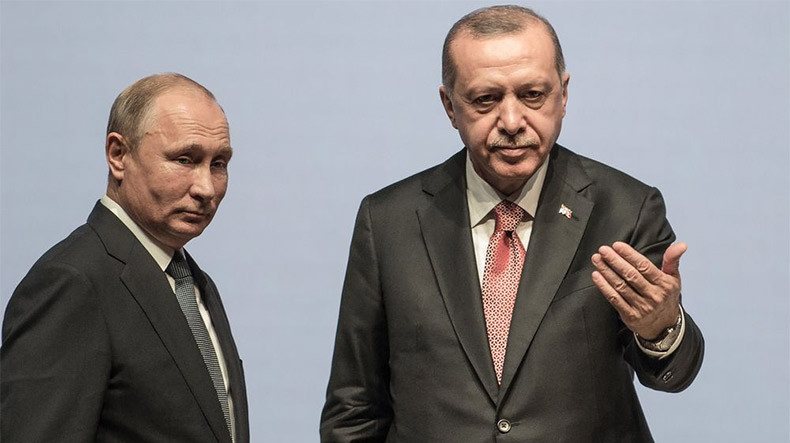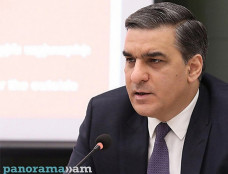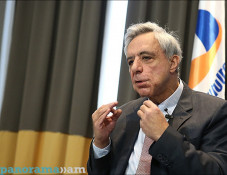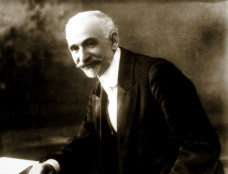
The American Conservative: How Turkey lost a battle of wills, and force, to Russia
The loss of the key strategic town of Saraqeb in Idlib, northwest Syria, means that Turkey has lost the war for the last rebel-held province to Syrian government forces that are set on recapturing the country in full, said Scott Ritter, a former United Nations weapons inspector, in the American Conservative.
Turkey signed a deal with Russia to cease fighting in Idlib last Thursday, a week after an attack by Syrian President Bashar Assad’s forces killed 36 Turkish soldiers, triggering a heavy Turkish response.
But the battle over Saraqeb, near the intersection of the key M4 and M5 highways, had been simmering for weeks before Turkey launched its retaliatory operation, Ritter said.
After Syrian government forces began to push forward into Idlib with Russian air support, Turkey began reinforcing the 12 observation posts it had built. Their advance left several of the Turkish posts stranded, and Turkey responded by deploying thousands of soldiers to the province and providing artillery cover to rebel counter attacks.
But on Feb. 6, Assad’s troops captured Saraqeb, bringing the conflict to a new phase as the rebel counterattack mounted and Turkish soldiers began falling in reprisals by Syrian government forces.
Fighting over the territory around Saraqeb intensified in the following weeks, with Turkish-backed rebels capturing the nearby town of Nayrab on Feb. 24. Turkey and its allied groups then set their sights on Saraqeb, and began deploying man-portable air defence systems, forcing Syrian and Russian jets to abort their missions in the area. Assad’s forces retaliated with the Feb. 27 attack that killed dozens of troops, Ritter said.
The military operation that Turkey launched in response failed to make headway in Saraqeb, and by March 4 “the situation facing the Turkish-backed rebel fighters was so dire that they gave up all pretence of independent operations, and instead intermixed themselves within the Turkish outposts to avoid being targeted by the Russian Air Force,” Ritter said.
The ceasefire deal that Turkish President Recep Tayyip Erdoğan reached with Russian President Vladimir Putin on March 5 was “very much a document of surrender for the Turks” that ceded control of the air above Idlib and forced Turkey to jointly patrol the M4 highway with Russian military patrols, said Ritter, adding that Turkey will also have to disarm jihadist groups that have been the fiercest rebel fighters in the province.
“For Syria and Russia, the Battle of Saraqeb was about restoring Syrian sovereignty over the totality of Syrian territory; for Turkey, it was about securing lasting Turkish control and influence over the northwestern Syrian province of Idlib,” Ritter said. “Turkey lost on both accounts.”
Newsfeed
Videos






























